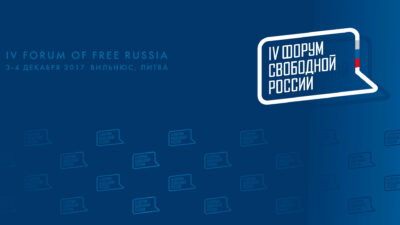Rosfinmonitoring has developed a new version of the draft which makes it obligatory to indicate recipient data in transfers and restricts sending without opening a bank account. As RBC reported on May 18, the changes may come into force from January 1, 2026.
According to RBC, in the new version of the document Rosfinmonitoring proposed:
Exclude date of birth from the data that banks will be obliged to indicate. It is also proposed that instead of full name only the last name and initials should be given, and the details of identity documents – the series and number of the passport or IIN.
To introduce exceptions for transfers through the System of Quick Transfers (SFT). It will provide for the possibility of supplementing recipients’ information from a credit institution serving the recipient or a payment system operator. In this case it will not be necessary to specify passport data, IIN and bank account number.
The effective date of the bill will be postponed to January 1, 2026. In the previous edition it would have come into force 365 days after its official publication.
The bank will establish recipient information on the basis of data provided by the client or contained in interbank exchange systems. According to the current version of the anti-money laundering law, when making a money transfer it is necessary to provide information only about the payer, information about the recipient is not required.
Earlier Rosfinmonitoring reported on plans to make presentation of recipient’s personal data obligatory for internal and cross-border transfers. The Ministry also wants to set the limit on the transfer without opening a bank account in the amount of 100 thousand rubles or its equivalent in foreign currency.
The original version of the bill was criticized by banks, which fear the growth of shadow transfers.




